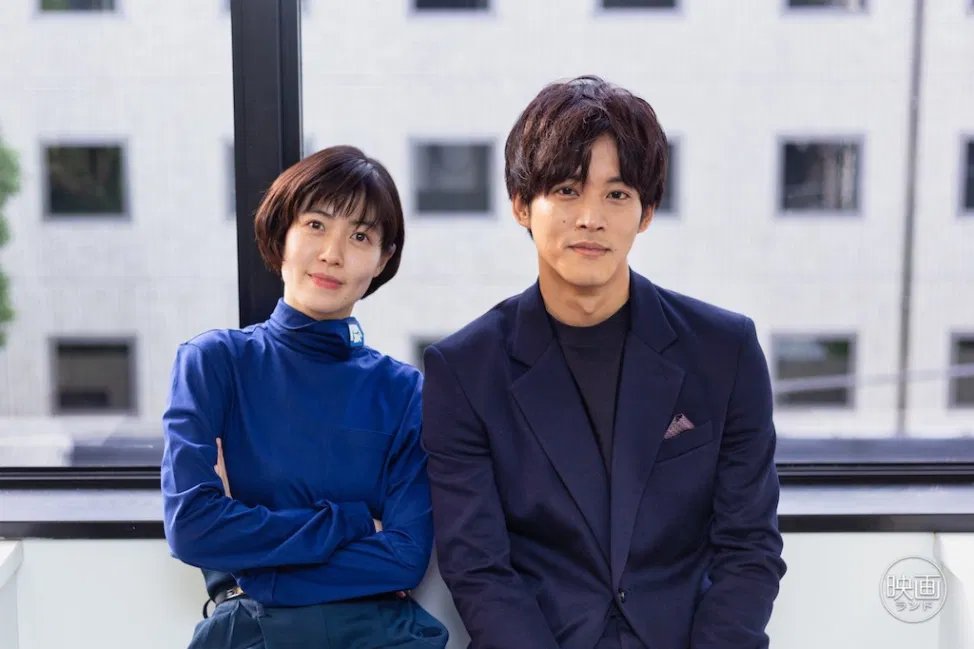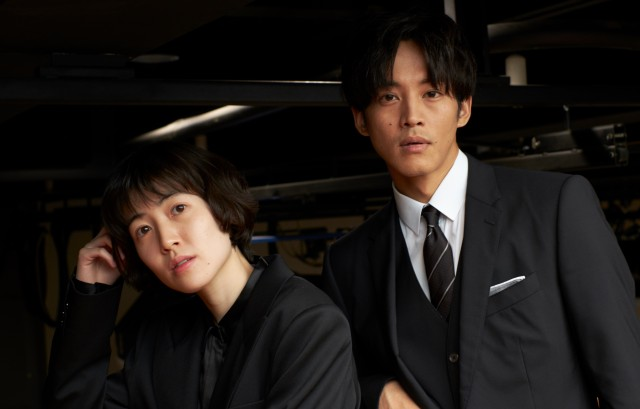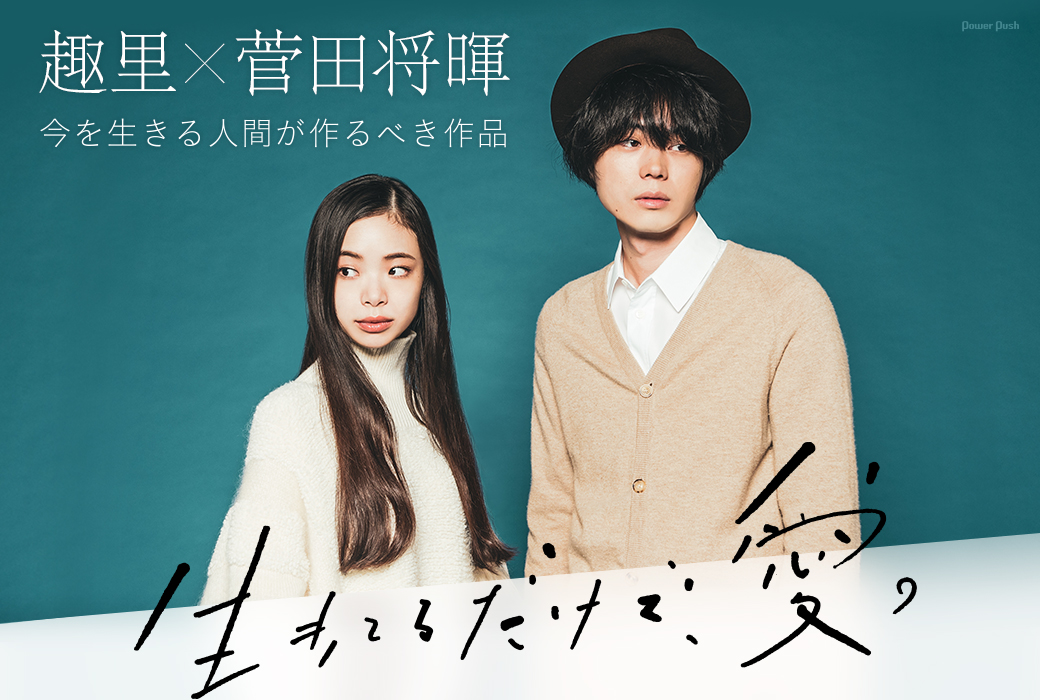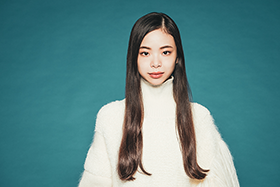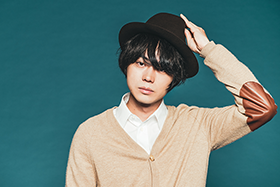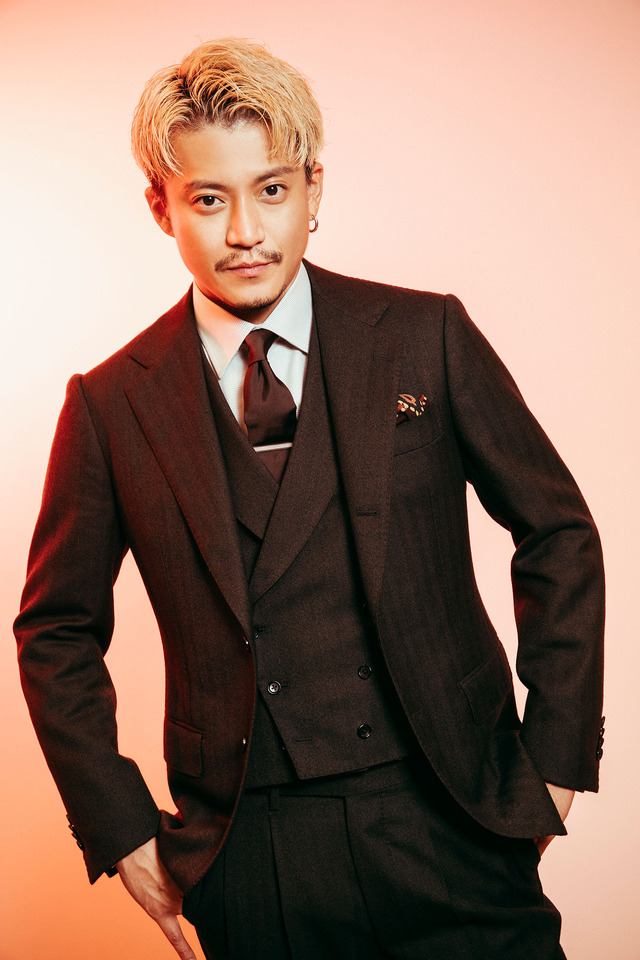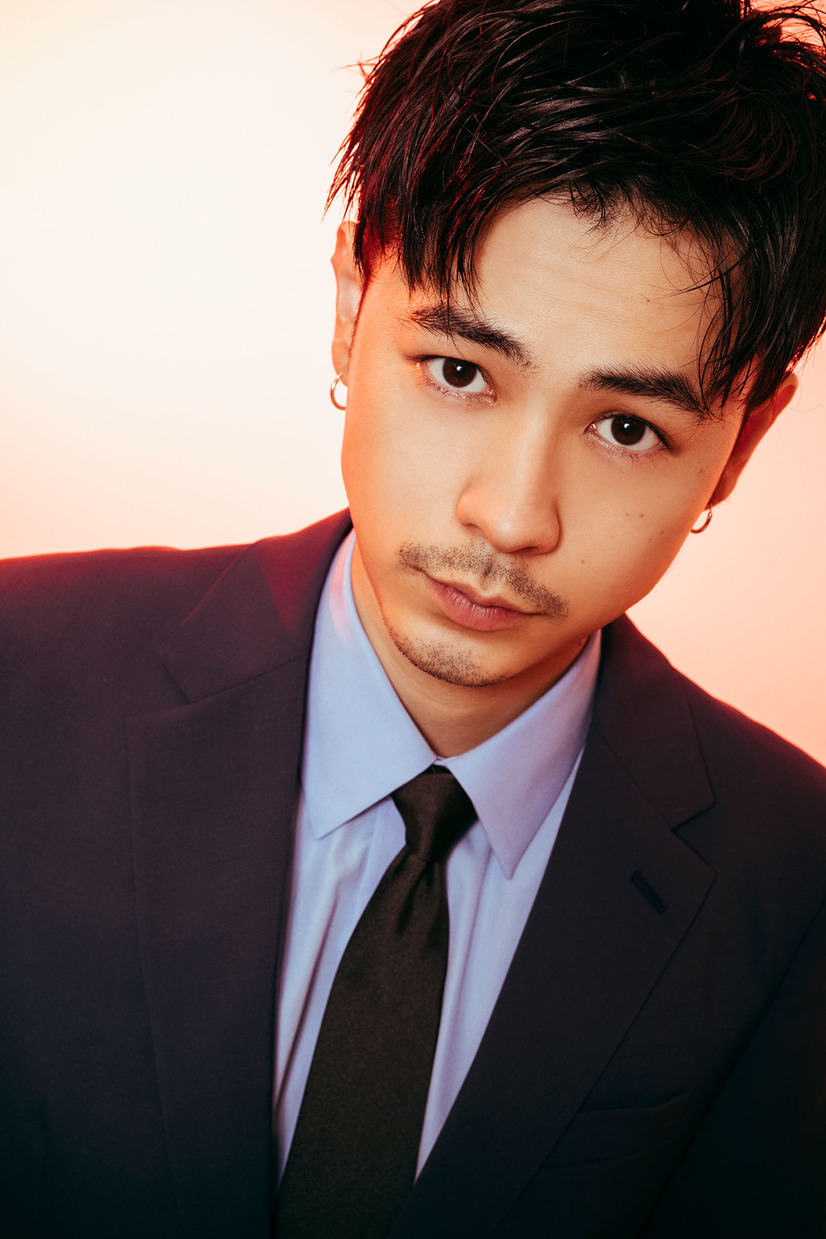Source: https://news.yahoo.co.jp/feature/1438
Matsuzaka Tori: When my name was read aloud at the award ceremony, the president and managers were in a separate room at the venue. When I watched the video now, they all seem happy like a family. The moment I saw it, I felt a little rewarded. "Oh, I'm really glad I came here (T/N: TopCoat)."
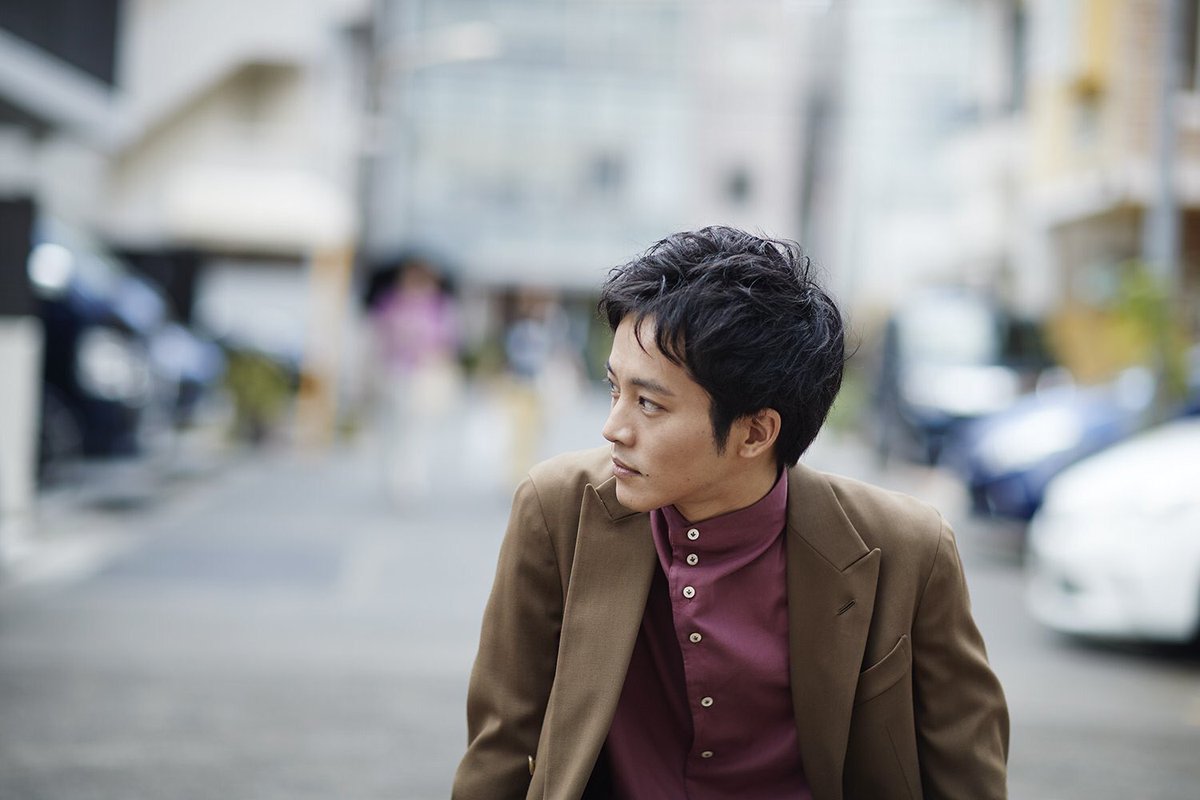
On March 1, 2019, Matsuzaka Tori won Japan Academy Award for Best Supporting Actor for his performance in the film "Blood of the Wolves (2018)".
Matsuzaka Tori: I have a personality that immediately thinks that something bad will happen when something is good. Like if I pick up 100 yen on the road, I'm worried that I'll fall over. I can't always immerse myself in joy, but it wasn't the same the day, and it may have been the happiest moment I've ever had.
The manager who has been in charge of Matsuzaka since his debut said, “His personality doesn't change so much after the debut. Such people are rare,".
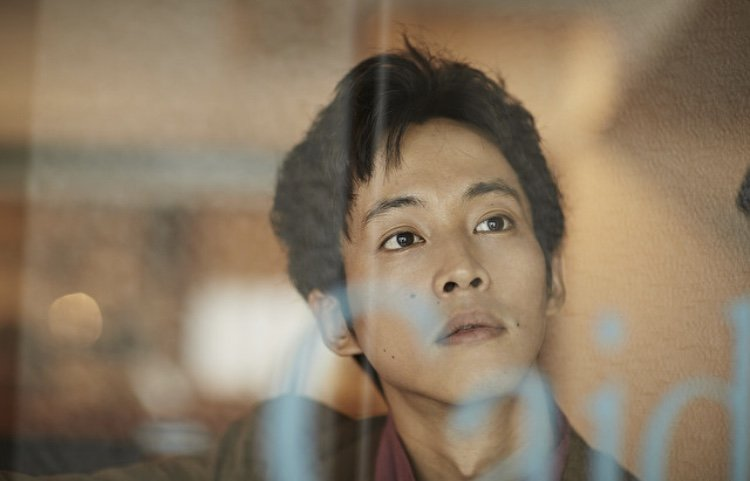
Matsuzaka Tori: I did a lot of things. I talked with my manager that "anything in my 20s is a challenge. It surely leads to my 30s." I think it was good because there was nothing that I could be absorbed in.” “I played basketball for 3 years in junior high school, but the motive was a manga. I just liked "SLAM DUNK". I was also learning Aikido. What I really wanted to learn was karate, but we didn't have a karate dojo in neighborhood. My parents often said that "things don't last long with him". But with acting, I realized that it was not a repetition of the same thing, but a way of enjoying and feeling scared for each work.
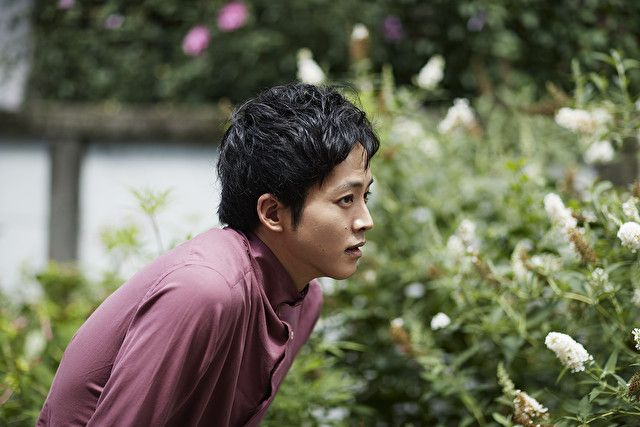
Matsuzaka Tori: "Our motto is to choose the work that "If you do one job, you get three jobs" (lol). About five years ago, I found a role that challenged me further when I started to want to change myself by touching challenging works. I met Miura Daisuke [T/N: Director of Nanimono (2016), Call Boy(2018)], and said, "Please let me do it!". On set, I had to spend more time naked than I have ever been, and I was sweating every time because there was no place to escape. Then, my career began to change visibly. The number of challenging works have increased.
After Call Boy stage in 2016, Matsuzaka Tori worked later in "Birds Without Names (2017)" with Director Shiraishi Kazuya who worked together on "Blood of the Wolves (2018)". At a later date, Shiraishi reflected on the impression of Matsuzaka at the theater,..
Dir. Shiraishi: I immediately realised that Matsuzaka Tori is not just a good actor, and I think that he is an actor who did not intend to feel satisfy with what he has, so I offered him to work with me on "Blood of the Wolves".
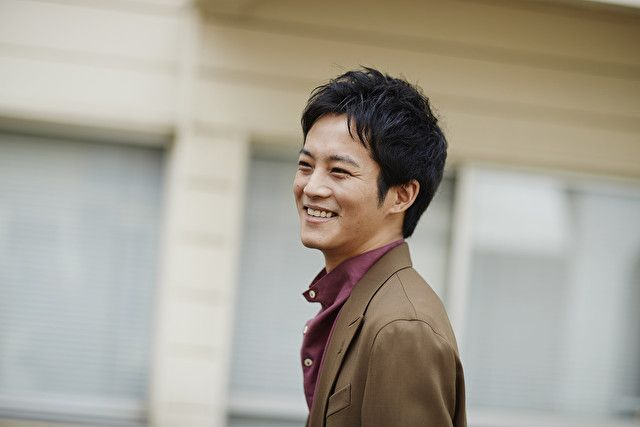
Matsuzaka Tori: Isn't it scary that I haven't done it? I'm wondering if I have the courage to refuse something, I don't want to regret it. Even if the fear I had is 90%, I do it if I had a curiosity of 10%. Even if the work is unsuccessful, if you feel attractive to the role, you will get satisfaction. You may even see the fun of being a failure.
Matsuzaka Tori: Of course, I feel responsible if I'm in the lead role, and I can't help worrying about the numbers. But, as an individual, I would like to deliver a work that remains the test of time rather than numbers.
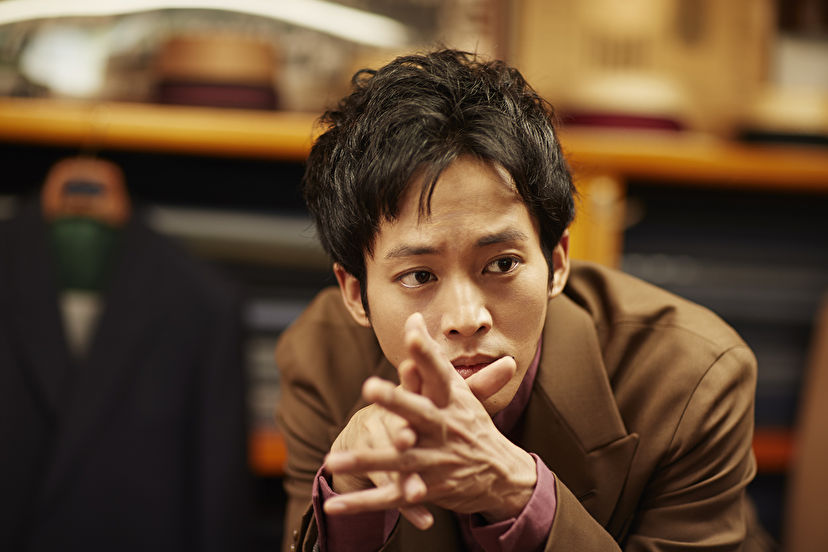
Q: If you could meet yourself 10 years ago, what would you say?"
Matsuzaka answered this question by laughing, "Properly save money." “I don't waste too much money, but the future is an unstable job, so I need to save it properly.” I feel that it would have been nice if I had a strong awareness of work lately.
Matsuzaka Tori: I want to have a family in my 30s. I like spending time alone, but basically I want a peaceful life, so I also want a family. But, I'll never let my child get this job. It's a tough job (lol). I feel that overwork, anxiety, and fear are overwhelming in this job.

Even so, when I asked, "What is the greatest joy in this job?" he answered without hesitation,
Matsuzaka Tori: "The encounters and connections." Above all, I have learnt a lot from Okada Junichi, Kiki Kirin, and Yakusho Koji. Okada showed us the responsibility to take the lead role in Taiga over the course of a year. Kiki has her incomparable kindness wrapped naturally. It was a big influence. Finally, the presence and balance of Yakusho Koji is the ultimate ideal for me.
Matsuzaka Tori: I'm happy to hear that my previous works are good, but I am determined to do the "next one" my best. Saying the reason as "the attitude of deepening my colors" would sound nice, but actually I think I'm the type that wouldn't last unless I create new doors and keep opening. I think I'm a "normal" actor (lol). I want to be an actor who has good works on TV, movies, and the stage.

















